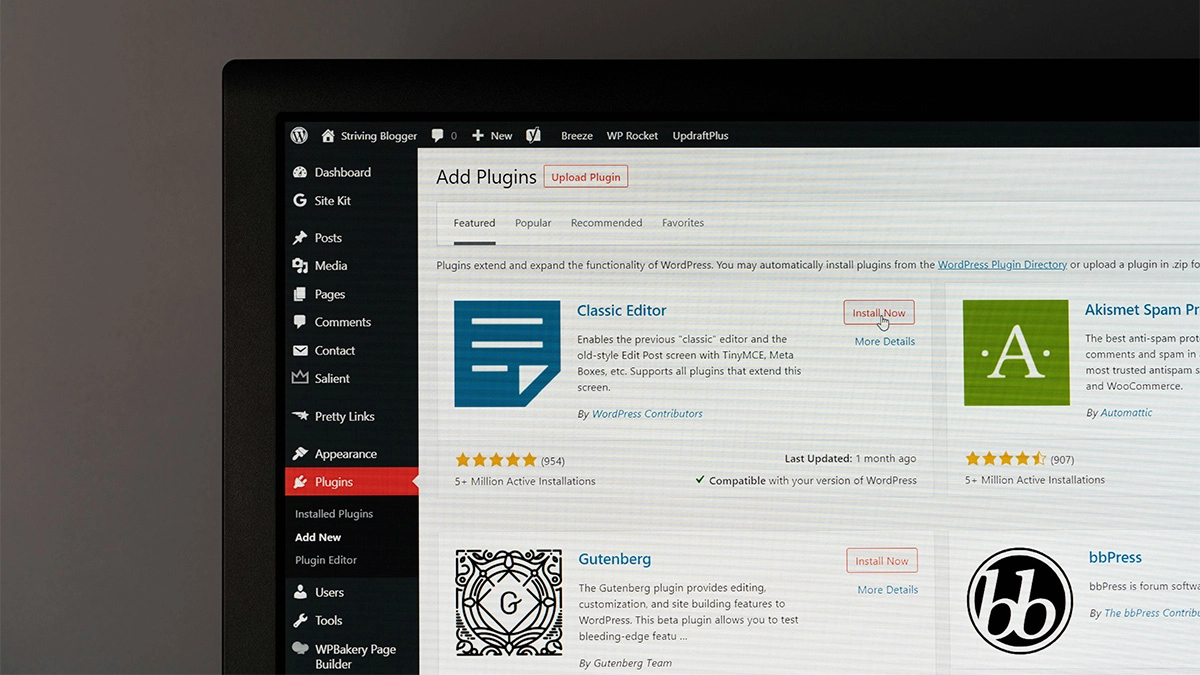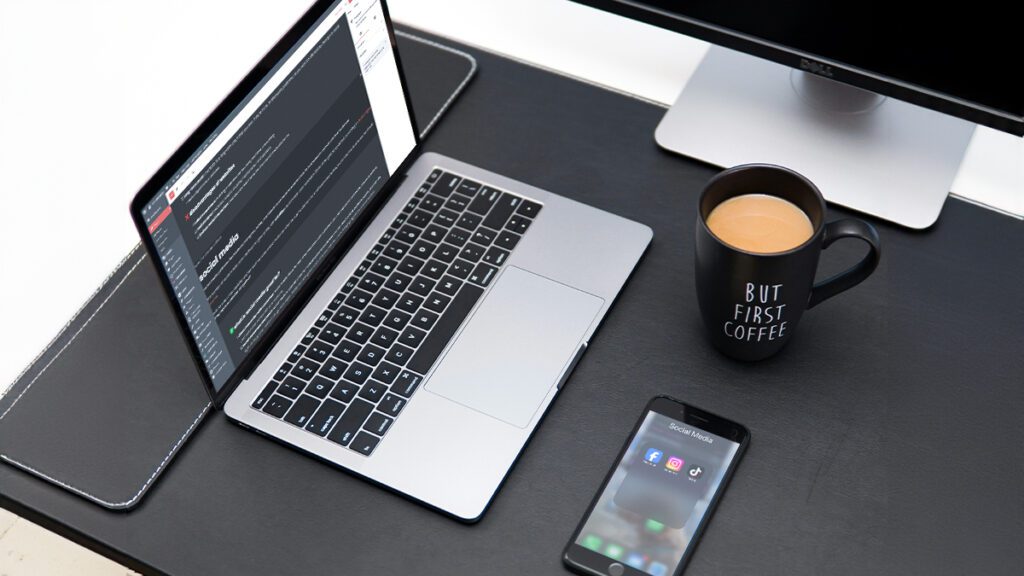Starting a business is exciting, but it often comes with tight budgets and endless to-do lists. One of the first hurdles many startups face is building a professional website without spending a fortune.
The good news?
Affordable web design for startups doesn’t have to mean low quality. With the right tools, planning, and guidance, you can launch a site that looks great, works smoothly, and doesn’t break the bank.
In this post, we’ll walk you through realistic and budget-friendly web design options tailored to startups. We’ll also cover tips to keep costs down, common pitfalls to avoid, and why your website matters more than you might think.
- Why a Website Matters for Your Startup
- What Does “Affordable” Actually Mean?
- Option 1: DIY Website Builders
- Option 2: WordPress with a Premium Theme
- Option 3: Freelancers and Small Agencies
- Option 4: University or College Students
- How to Keep Costs Down Without Cutting Corners
- What to Avoid When Budgeting for Web Design
- Should You Invest More Later?
Why a Website Matters for Your Startup
Let’s start with the obvious: your website is your digital storefront.
Whether you’re selling a product, offering a service, or building a personal brand, it’s usually the first place potential customers will engage with your business.
A professional site:
- Builds trust and credibility
- Helps with search visibility (hello, Google!)
- Offers a place to showcase your value
- Converts visitors into paying customers
But here’s the catch—many startups delay launching their site because they think it’s too expensive. In reality, affordable web design for startups is not only possible, it’s often the smarter approach when you’re still finding your feet.
What Does “Affordable” Actually Mean?
Affordability is relative, but most startups aim to spend under £1,500 on their initial website. In some cases, you can get started for much less—especially if you’re happy to use templates or do some of the legwork yourself.
Affordable web design for startups doesn’t mean you have to sacrifice quality. It simply means prioritising the features you need now while leaving room to grow later.
Option 1: DIY Website Builders
Best for: Solo founders, service-based startups, or early MVPs
Cost: £0 – £300/year
Platforms like Wix, Squarespace, and Shopify offer drag-and-drop website builders with no coding needed. They’re easy to use and perfect for founders who want control without learning to code.
| Pros | Cons |
|---|---|
| Quick to set up | Limited design flexibility |
| All-in-one hosting and support | Monthly fees add up |
| Hundreds of templates to choose from | SEO tools aren’t always as strong |
Pro tip: If you go this route, invest a few hours in learning the basics of SEO and UX design. It’ll go a long way in making your DIY site perform better.
read more
Top 5 Best Website Builders in 2025
Option 2: WordPress with a Premium Theme
Best for: Founders who want more flexibility and scalability
Cost: £200 – £800
WordPress powers over 40% of the internet for a reason. It’s open-source, endlessly customisable, and backed by a huge global community. You can combine it with a premium theme like Astra, GeneratePress, or Divi, and still come in well under £1,000.
| Pros | Cons |
|---|---|
| Scalable as your business grows | Slight learning curve |
| More control over design and functionality | Requires separate hosting |
| Massive plugin ecosystem | More hands-on maintenance |
Pro tip: Pair WordPress with an affordable managed hosting provider. They’ll handle security, backups, and speed optimisation for you.
read more
WordPress starter guide
Option 3: Freelancers and Small Agencies
Best for: Startups that want a custom touch without agency-level costs
Cost: £500 – £1,500
Freelancers or micro-agencies specialise in affordable web design for startups. You’ll get something more tailored than a template, plus guidance from someone who understands branding, user experience, and conversion.
| Pros | Cons |
|---|---|
| Personalised design and support | Varies in quality—choose carefully |
| Faster turnaround times than large agencies | Limited availability (the good ones book up) |
| Better long-term value | Less scalable than hiring a full-agency |
Pro tip: Look for a freelancer who offers bundled packages. These often include branding, web design, and SEO basics at a lower cost than hiring separate providers.
Looking for a small agency to help with designing your website?
Check out our web design services for small businesses
Option 4: University or College Students
Best for: Startups on a shoestring budget
Cost: £0 – £500
Don’t overlook design students. Many are looking for real-world projects to build their portfolios. You can often get solid work for a fraction of the price—sometimes even for free.
| Pros | Cons |
|---|---|
| Extremely low cost | May lack project management experience |
| Enthusiastic and eager to impress | Quality can vary |
| Fresh ideas and current design trends | Limited support after the launch |
Pro tip: Agree on clear deliverables and deadlines. Treat it like a proper client project to avoid confusion and delays.
How to Keep Costs Down Without Cutting Corners
If your goal is affordable web design for startups, here are some smart ways to save:
- Prioritise What Matters Now:
Focus on the essentials: homepage, about, services/products, contact. You can always add blog sections, e-commerce, or integrations later. - Provide Your Own Content:
Writing your website copy and supplying your images can save hundreds. Just make sure it still looks professional—tools like Grammarly and Canva help a lot here. - Choose the Right Tech Stack:
Avoid fancy tools you don’t need. A simple WordPress or Wix setup will often outperform a bloated tech stack that’s hard to manage. - Use Free or Low-Cost Tools:
Free stock photography (like Pexels), form builders, and SEO plugins (like Yoast SEO) can keep your budget lean while still delivering value.
What to Avoid When Budgeting for Web Design
Cutting costs is smart—but cutting corners is risky. Here’s what to watch out for:
- Over-promising cheap freelancers:
If someone offers you a full custom site for £100, run. - Not owning your domain or hosting:
Always make sure you’re in control of your digital assets. - Ignoring mobile optimisation:
Over half your traffic will come from mobile. A site that’s not mobile-friendly is a dealbreaker. - Skipping SEO entirely:
Even basic SEO setup makes a big difference. It’s worth the investment.
Should You Invest More Later?
Absolutely. As your business grows, your website should grow with it. You might add:
- Custom integrations
- Online booking systems
- E-commerce features
- Advanced analytics
- Brand-specific design elements
But when you’re just starting out, affordable web design for startups is all about keeping it lean, clean, and focused on what matters.
Final Thoughts
Launching your startup website doesn’t need to be overwhelming—or expensive. With a clear plan and the right approach, you can create a professional site that attracts customers, builds trust, and helps your business grow.
At 404 Marketing, we work with startups every day to build affordable, effective websites that don’t compromise on quality. If you’re ready to get started, let’s have a chat. We’d love to help you launch something brilliant.
Need help figuring out which web design option is right for you?
Drop us a message—we’re always happy to share honest advice (no pushy sales here).


